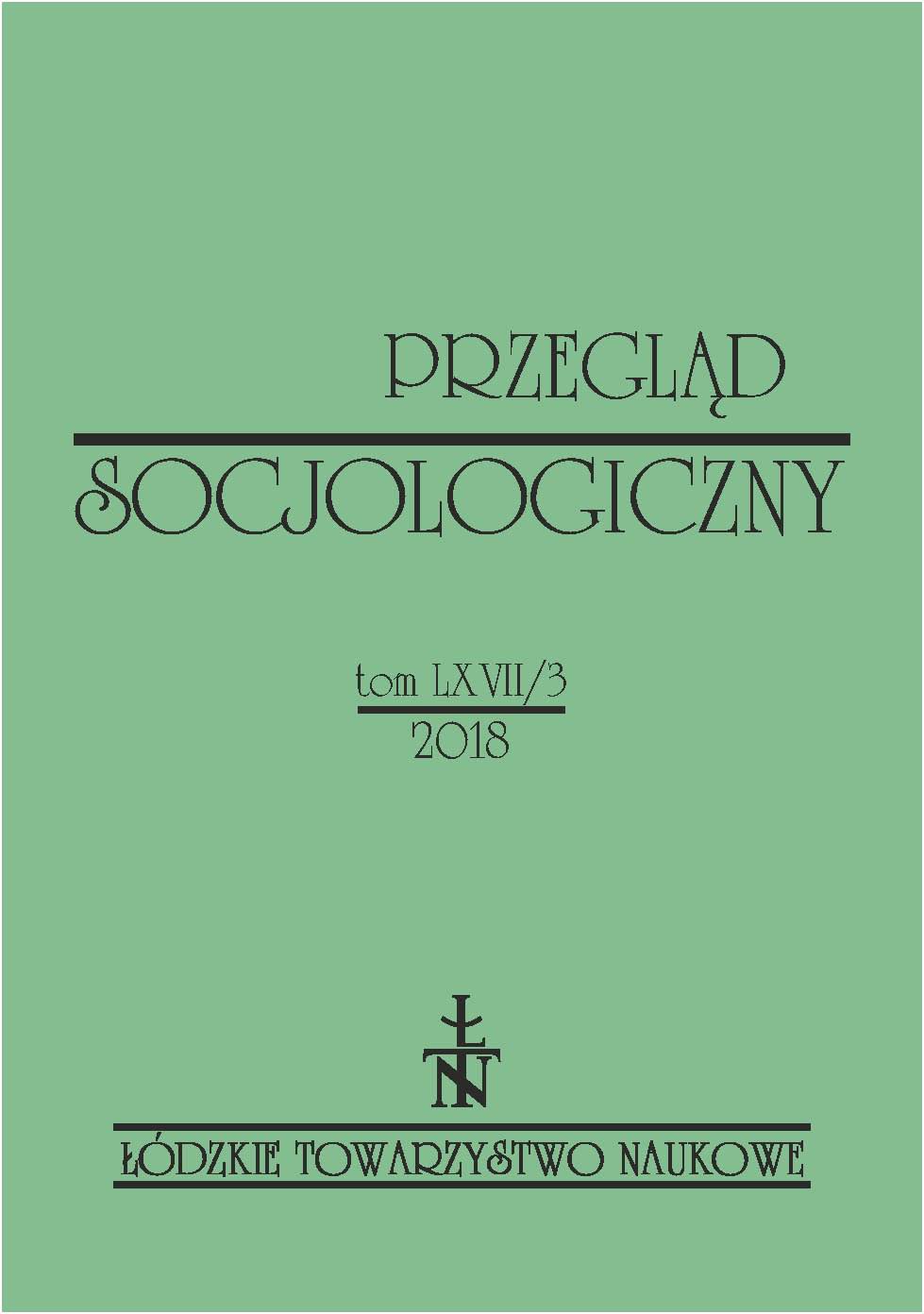Work in the lives of women with many children living in poverty in the context of reforms in Poland’s family policy – continuation or change?
Praca w życiu wielodzietnych kobiet doświadczających ubóstwa w kontekście reform polityki rodzinnej w Polsce – kontynuacja czy zmiana?
Author(s): Izabela Kaźmierczak-KałużnaSubject(s): Social Sciences, Sociology
Published by: Łódzkie Towarzystwo Naukowe
Keywords: large families; motherhood; family roles; poverty; family policy; unpaid housework; paid job; interpretive paradigm; wielodzietność; macierzyństwo; role rodzinne; ubóstwo; polityka prorodzinna
Summary/Abstract: The article discusses unpaid housework done by women with many childrenliving in poverty, and the women’s attitudes towards employment. The empiricalbasis of the article is in-depth interviews conducted in 2013–2014 andin 2017. The interviewees were poorly educated mothers; they are usuallyabsent from the labour market, take care of at least three children mostly bythemselves (also in two-parent families) and manage their privation. Theirroles involve taking care of the family, dealing with everyday problems andseeking help. Daily problems and routine make their activities both burdensomeand not very satisfying, which encourages them to dream of “runningaway from home” into a job.A shift in Poland’s family policy (the introduction of the “Family 500+”programme) gave an opportunity to diagnose changes occurring in differentareas of the respondents’ lives. The article attempts to answer the questions:Have – and if so to what extent – new benefits modified the women’s attitudestoward paid employment? Have the benefits affected their declaredwillingness to enter the labour market or made them resign from paid employment?In a broader perspective, the article attempts to find out whetherthe programme, which significantly improved the financial situation of poorfamilies, paradoxically constitutes an additional barrier (apart from the lack of professional qualifications and taking care of children) in the occupationalactivity of this category of women. Relatively high resources, despite theobvious advantages, seem to weaken the determination of the respondents totake up paid jobs and thus problematise the situation of at least some of them.In the near future, after their children grow up and do not need the mother’scare, the women will lose the right to the benefits, which are probably theirbasic source of income, and will have no retirement rights. Moreover, theymay experience a sense of emptiness after losing the role of the full-timemother – the only important role for their identities.
Journal: Przegląd Socjologiczny
- Issue Year: 67/2018
- Issue No: 3
- Page Range: 85-110
- Page Count: 26
- Language: English

